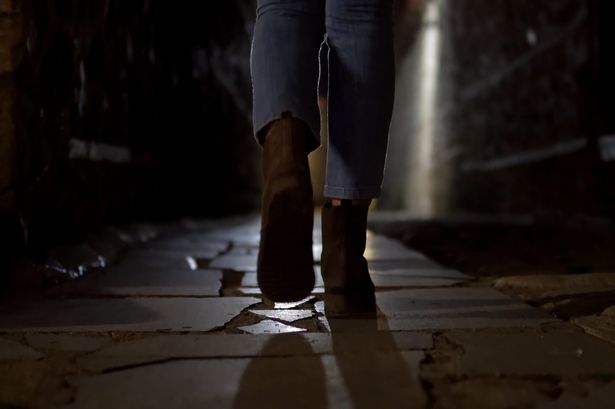Recent studies indicate a growing concern regarding women’s safety in the UK, especially during the winter months. Data reveals that nearly half of women in the country report feeling unsafe when walking on the streets as daylight diminishes. This heightened sense of vulnerability can be attributed to various factors, including reduced visibility and increased isolation in less populated areas during the darker hours. The statistics reflect a societal issue that underscores the need for attention and action to ensure that women can navigate public spaces without the threat of harassment or harm.
In response to these safety concerns, approximately one-third of women admit to altering their usual routes to avoid potential dangers. This behavior indicates a self-preservation mechanism, where women consciously make decisions that prioritize their safety over convenience. Such adjustments to daily routines can significantly impact women’s mobility and independence, forcing them to compromise their usual activities and potentially affecting their quality of life. This pattern is concerning, as it highlights a broader societal problem regarding the freedom to move safely and confidently in public spaces.
The implications of these feelings of unsafety extend beyond individual experiences; they speak to larger systemic failures to protect vulnerable populations. The fact that many women feel they need to take precautions, such as changing routes, suggests that there is an urgent need for effective measures to enhance public safety. This includes enforcing stricter laws against harassment, improving street lighting in dimly lit areas, and increasing police presence in neighborhoods known for higher incidences of crime. Community initiatives aimed at creating safe environments can also play a pivotal role in alleviating these fears.
Moreover, the winter season poses unique challenges that exacerbate feelings of insecurity. During this time, the early onset of darkness can deter women from engaging in outdoor activities, such as exercising, socializing, or commuting home after work. The combination of cold weather and dark streets can lead to isolation, further amplifying fears associated with venturing out. This seasonal vulnerability may lead to mental health repercussions, as consistent fear of harassment or violence can contribute to anxiety and stress among women.
The findings from recent data evoke a call to action from policymakers, community leaders, and the public alike. Addressing the root causes of these safety concerns requires a collaborative approach, encompassing educational programs that promote respect and accountability, as well as providing support systems for women to report incidents of harassment without fear of stigma. Public awareness campaigns can help in shaping societal attitudes, fostering a culture of respect and responsibility that extends to everyone in the community.
In summary, the alarming statistics regarding women’s feelings of unsafety in the UK during winter months highlight a crucial societal issue that needs immediate attention. With significant numbers of women altering their behaviors out of fear, it becomes evident that a comprehensive strategy is vital to ensure public safety. This entails collaborative efforts to enact changes in policy, enhance community safety measures, and foster a culture that prioritizes the well-being of all individuals, particularly those who are more vulnerable in public spaces. Ensuring that women feel safe walking the streets is essential for their autonomy, mental health, and overall quality of life.














